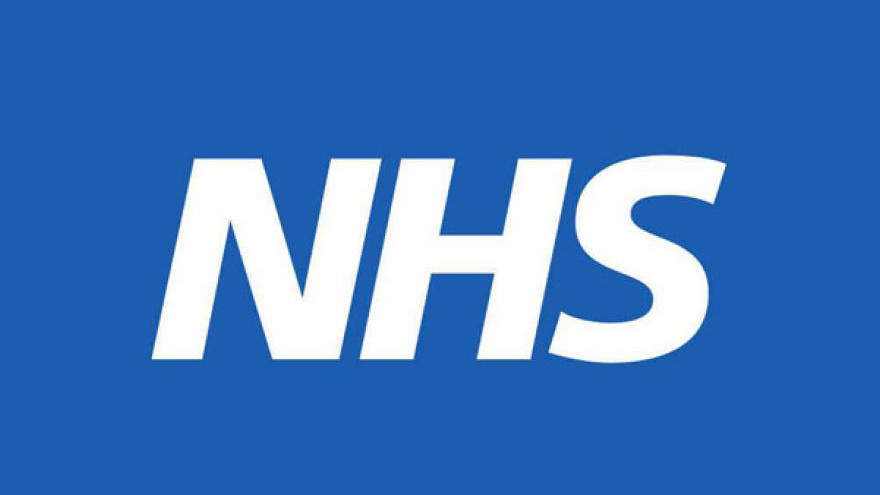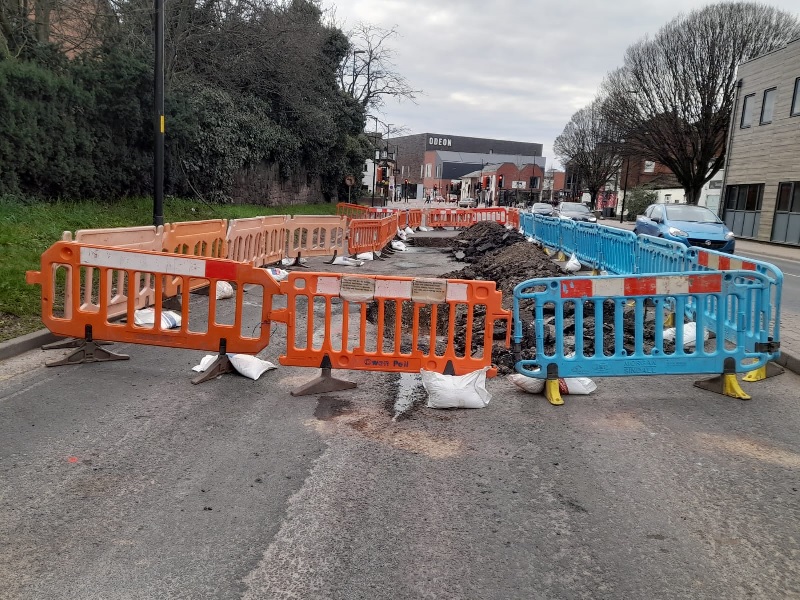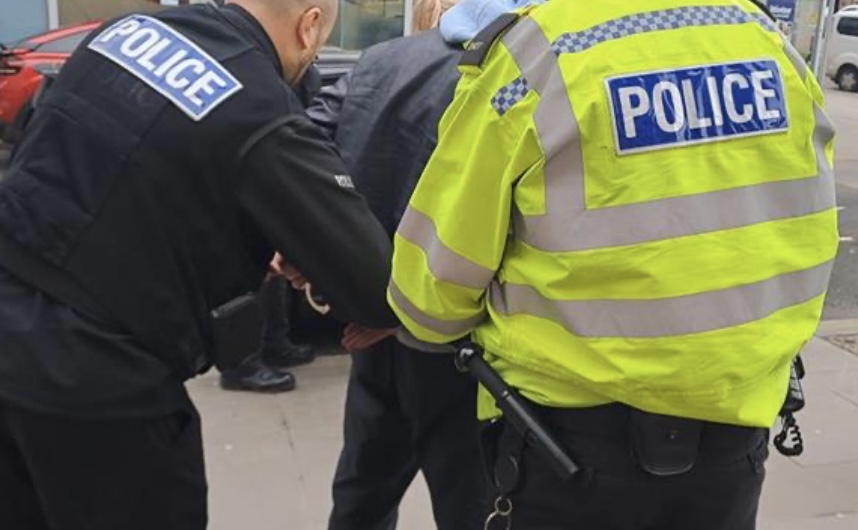October is Breast Cancer Awareness Month and women in the Midlands are being encouraged to attend for their regular breast screening appointment if they are contacted by screening services.
Coronavirus (Covid-19) has had a major impact on the NHS, including on breast screening services and, as a result, women may have waited longer than they usually do to be invited for regular screening. Now that services are getting up and running again, they can feel reassured by the safety measures that have been put in place.
Breast screening aims to find cancers early using an x-ray test called a mammogram. This can spot cancers when they are too small to see or feel. To protect everyone against the possible spread of Covid-19, screening providers will ensure that social distancing can be observed, and additional infection control procedures have been introduced. This includes the wearing of personal protective equipment by staff such as face masks and gloves.
Enhanced infection control measures mean that appointments may be held at a clinic different to the usual venue and these may take longer than usual. Women are also being asked to wear a face covering at their appointment, unless there is a reason that they cannot do so.
Dr Ash Banerjee, Screening and Immunisations Lead for NHS England and Improvement in the Midlands says:
“Measures are in place to ensure that essential, routine screening can be delivered safely. About one in eight women in the UK are diagnosed with breast cancer during their lifetime, so it’s important to attend for routine screening when this is offered.
“As long as you or any member of your household are not displaying symptoms of coronavirus and are not self-isolating, breast screening should take place as normal.
“Please attend for your screening appointment if you are contacted by a breast screening provider and informed that you are due for your routine screen.”
About routine breast screening:
After screening, about 1 in 25 women will be called back for further assessment. Being called back does not mean that someone has cancer. The first mammogram may have been unclear. About 1 in 4 women who are called back for further assessment are diagnosed with breast cancer.
As the likelihood of getting breast cancer increases with age, all women aged from 50 to their 71st birthday who are registered with a GP are automatically invited for breast screening every 3 years. Women may be eligible for breast screening before the age of 50 if they have a very high risk of developing breast cancer.
Anyone worried about breast cancer symptoms should speak to their GP as soon as possible.
In 2018/19:
- 71.7% of women accepted their breast screening invitation (aged 50 to 70) and 2.23 million women were screened
- 19,558 women had cancers detected by screening (a rate of 8.8 cases per 1,000 women screened)
- detection rates were highest for small invasive cancers (3.5 per 1,000 women)
- detection rates were lowest for non-invasive or micro-invasive cancers (1.8 per 1,000 women).




